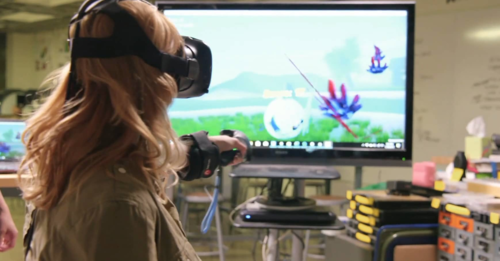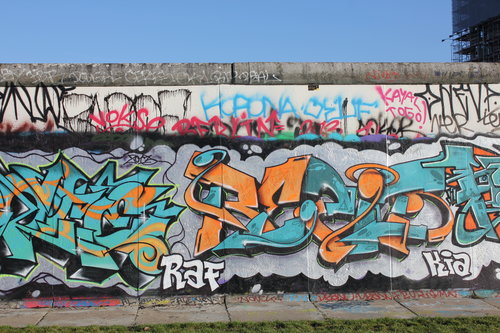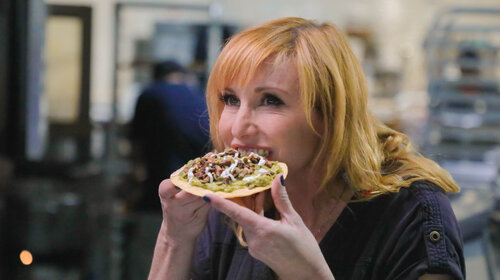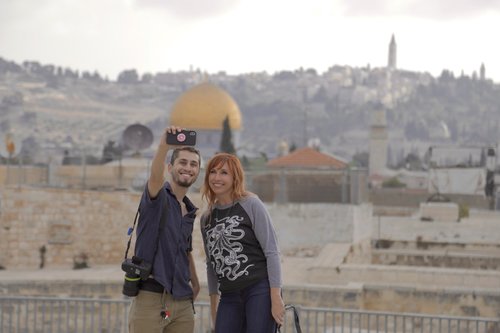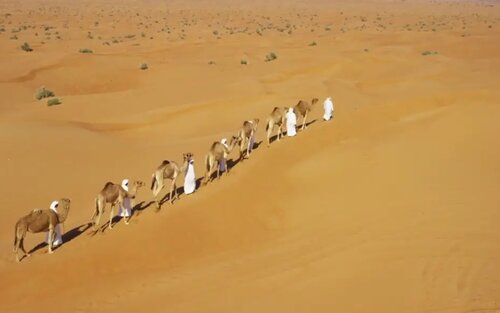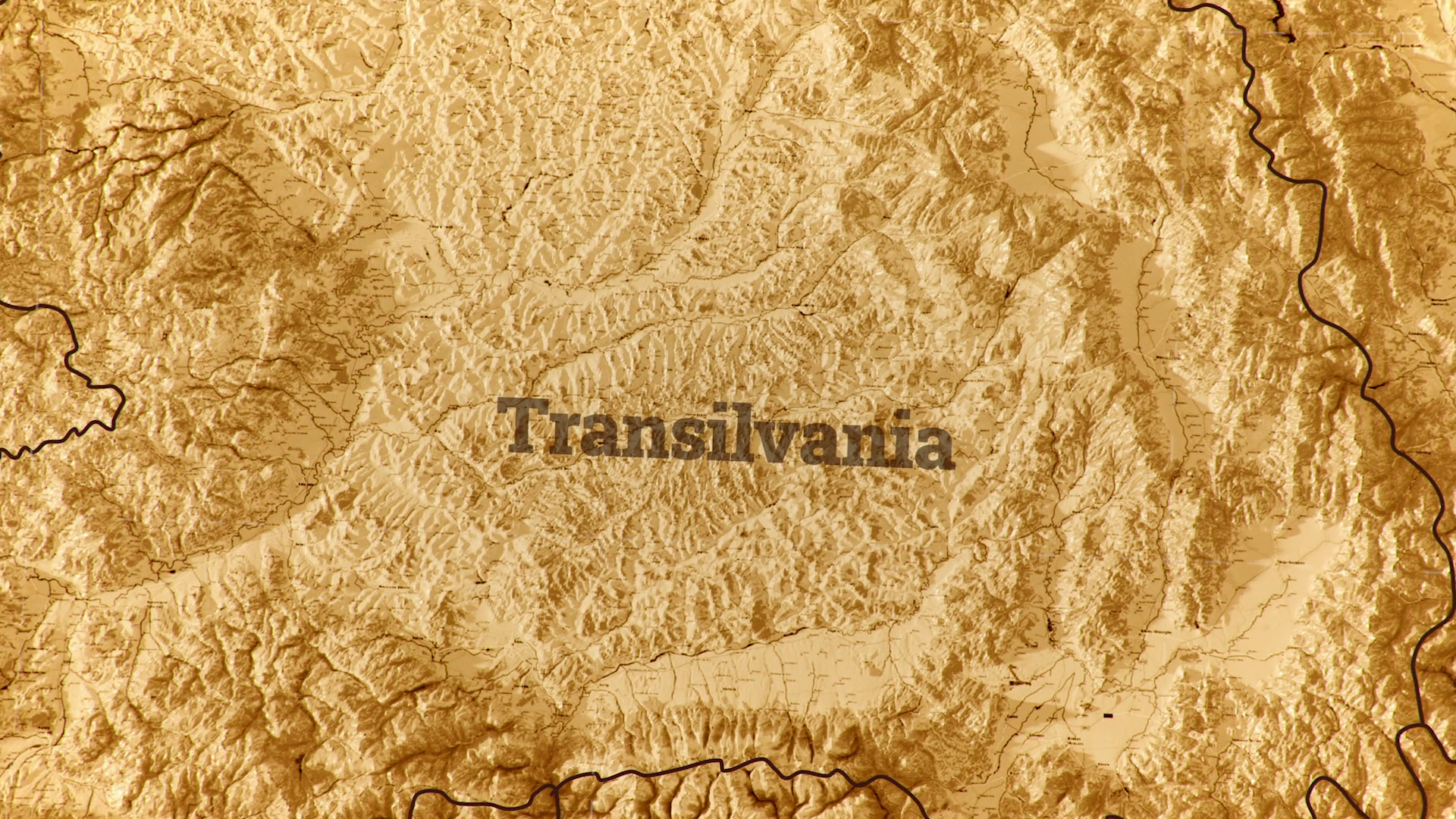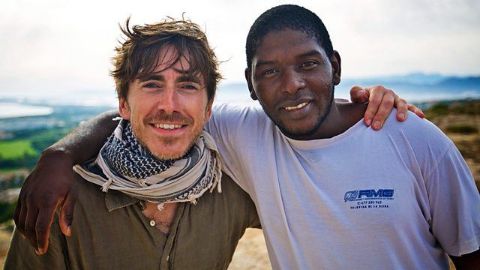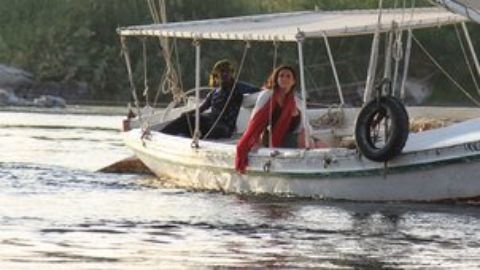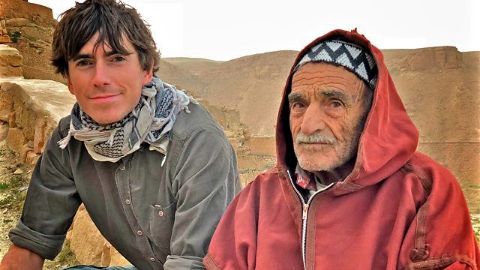Quatar • 2021 • episode "S1E5" • Crash Test World
How do people live in deserts? How do we make places with extreme climate conditions and limited resources like the desert inhabitable? Home to some of the world’s oldest human history, Doha, Qatar is a land of sweeping desert vistas, deep-rooted heritage, and now a modern, technologically-advanced metropolis on the Persian Gulf. From the 100+ year-old Souq Waqif to the futuristic cityscape, this episode will take viewers through Doha’s rich array of historic customs and traditions as well as into the ambitions for the next generation.
Make a donation
Buy a brother a hot coffee? Or a cold beer?
Hope you're finding these documentaries fascinating and eye-opening. It's just me, working hard behind the scenes to bring you this enriching content.
Running and maintaining a website like this takes time and resources. That's why I'm reaching out to you. If you appreciate what I do and would like to support my efforts, would you consider "buying me a coffee"?
Donation addresses
BTC: bc1q8ldskxh4x9qnddhcrgcun8rtvddeldm2a07r2v
ETH: 0x5CCAAA1afc5c5D814129d99277dDb5A979672116
With your donation through , you can show your appreciation and help me keep this project going. Every contribution, no matter how small, makes a significant impact. It goes directly towards covering server costs.
